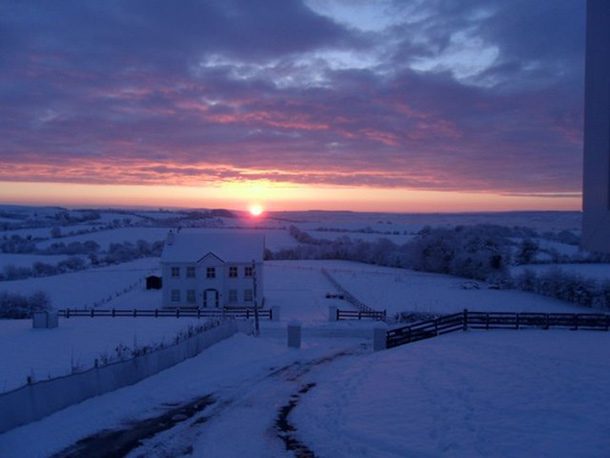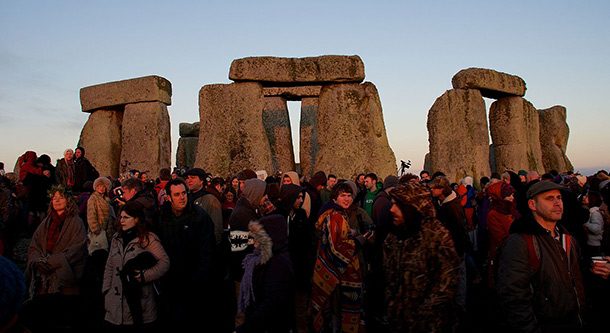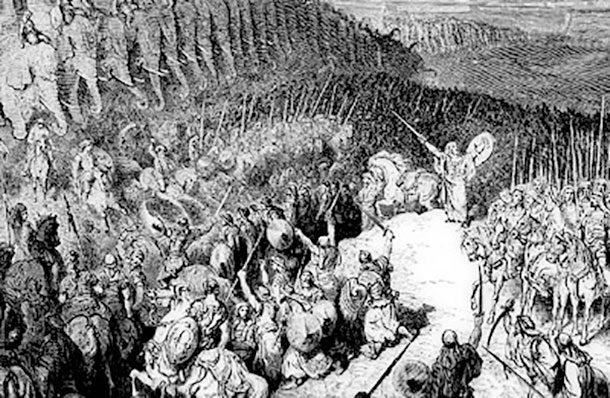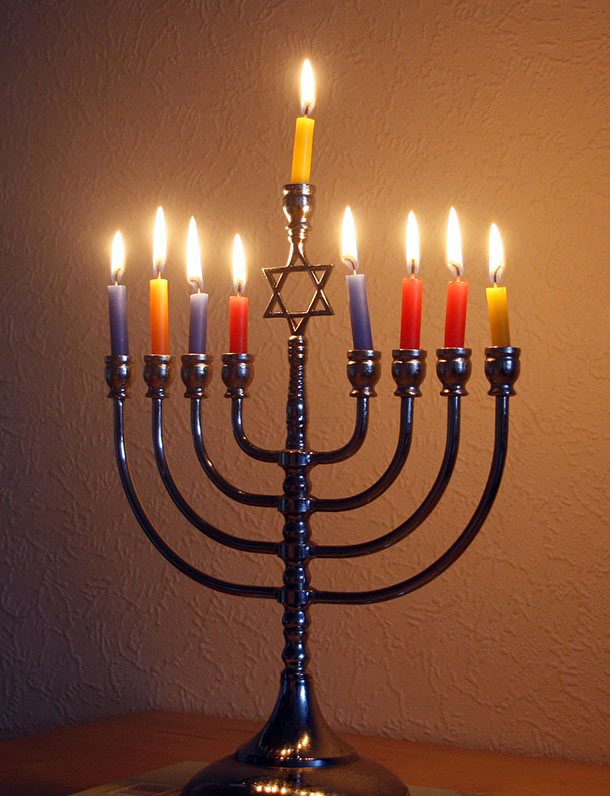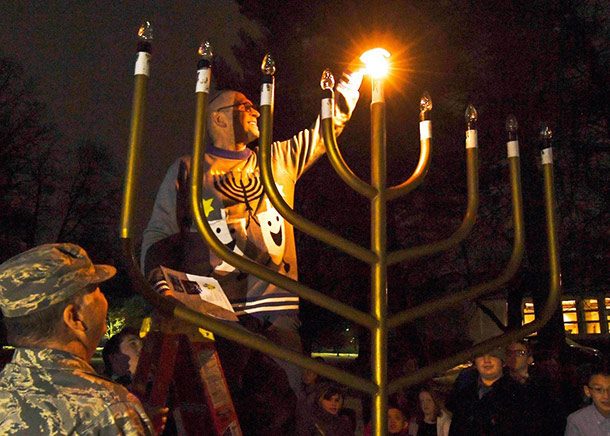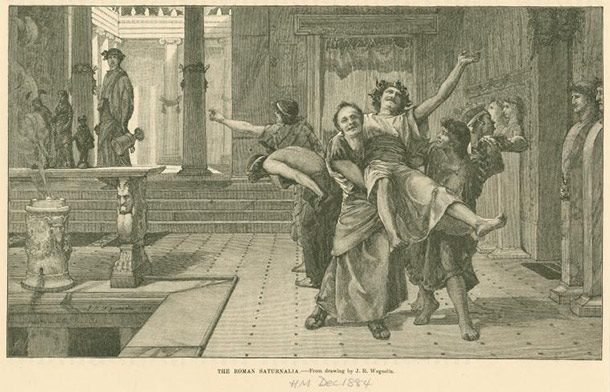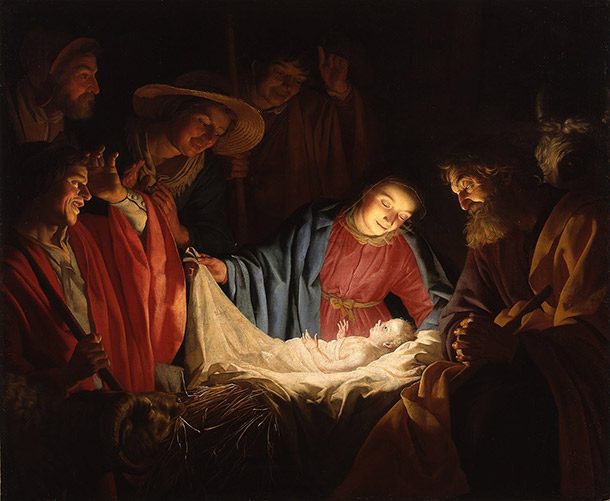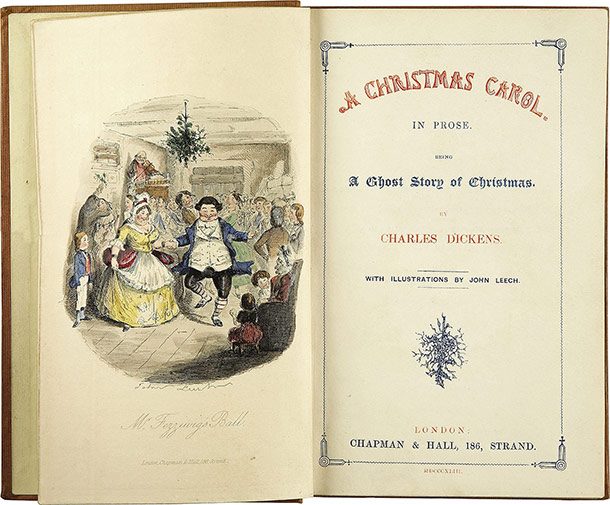I’m pretty sure you’ve wondered about the history of the holiday season. Why do people celebrate all these different holidays, like Christmas, Hanukkah, Kwanzaa, and Winter Solstice? For instance, I still think it’s a little odd we put an evergreen tree in my living room. Well, you might be surprised how far back some of these traditions go. With all that in mind, allow me to shed a little light on the holiday season for you with the History of the Holidays You Might Not Know. Outraged and defiant, the Jewish priest Mattathias, with his five sons, led a revolt which became a full rebellion. At the time, they only had enough olive oil to keep the lights burning for a single day, but for eight consecutive days the lights continued to burn. Considered a miracle, Jewish tradition started an eight-day festival of lights, commemorating the event known as Hanukkah. It’s also maintained by Jewish scholars that Hanukkah might be a belated celebration of Sukkot, one of their most important holidays, consisting of seven days of fasting and prayer. It also includes a candelabra for its celebrations. Each night, the family gathers and has a child light a candle while reading one of the seven principles formed by Karenga. African drums, dancing, storytelling, and a large meal is also common in the celebrations. During this time, everything came to a screeching halt. People took off work and had big parties, gambled, sang, played games, decorated their homes with wreaths and other things, and gave each other gifts. They also heavily decorated fir trees in the Temple of Saturn as a symbol of fertility. It became wildly popular across Christendom and by the middle ages had replaced Saturnalia. As a result, many early pagan traditions bled into Christmas traditions, including Christmas trees. In an attempt to curb cultural decline, Oliver Cromwell and the Puritans took over England in 1645 and cancelled Christmas. Meanwhile, in America, Christmas wasn’t celebrated at all, with many Puritans believing it wasn’t necessary. Eventually, the holiday was outlawed in Boston, and anyone who celebrated it was fined five shillings. Their stories focused heavily on peace, good will, generosity, and family coming together in harmony. Since both works were wildly popular in the United States and England, Christmas traditions changed toward family and became mainstream. Eventually, the United States declared it an official holiday on June 26, 1870.
